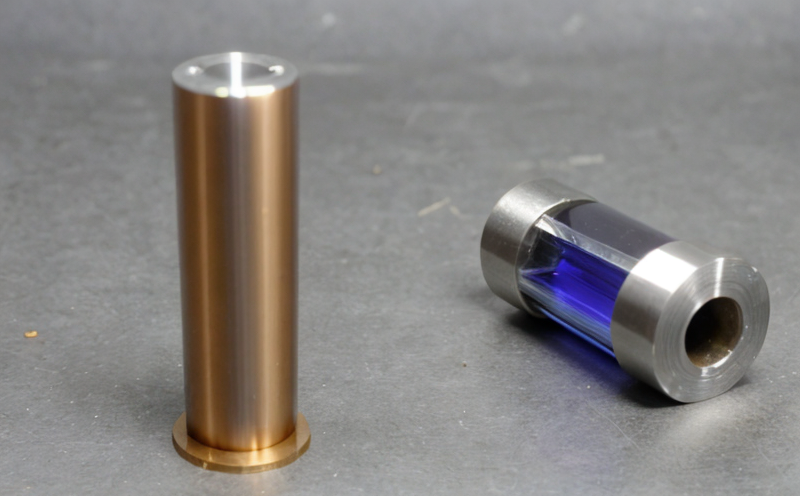Industrial laundry dimensional performance test
The industrial laundry dimensional performance test is a critical procedure used to evaluate how textile materials and garments retain their dimensions after washing and drying cycles. This service ensures that textiles, especially those destined for repeated use in industrial laundries, maintain their shape and size over multiple washes without compromising functionality or comfort.
Dimensional stability testing is essential for industries such as healthcare, hospitality, uniform manufacturing, and commercial laundry services where the consistent fit of garments across wash cycles is paramount. The test involves exposing samples to a series of washing and drying protocols that mimic real-world industrial conditions. This process helps identify materials or garment designs that may experience unacceptable shrinkage or stretching.
The testing procedure typically begins with selecting representative specimens from each batch or lot of textile products. These samples are then subjected to standardized washing cycles using detergents, water temperatures, and agitation levels specified by relevant industry standards such as ISO 105 or ASTM D6954. Following the wash cycle, the samples undergo drying in industrial dryers set at controlled temperature and humidity levels.
The performance of each sample is meticulously measured before and after testing using precision instruments like micrometers or digital calipers. The dimensional changes are calculated as a percentage relative to their original dimensions. Acceptance criteria vary by application but generally follow standards like ISO 12947-6, which specifies the permissible shrinkage limits for different types of textiles.
Industries with high demand for precise fit and durability often require rigorous testing to ensure that even minor dimensional changes do not affect performance or user satisfaction. This service not only enhances customer trust but also streamlines quality assurance processes within manufacturing facilities by identifying potential issues early in the production cycle.
The results of these tests are invaluable tools for manufacturers, designers, and quality control teams who rely on them to make informed decisions about fabric selection, garment design, and process optimization. By incorporating dimensional stability testing into their product development and quality assurance strategies, businesses can significantly improve customer satisfaction while reducing post-sale returns and warranty claims.
At Eurolab, our team of experienced professionals uses state-of-the-art equipment and follows stringent protocols to ensure accurate and reliable results. Our services go beyond mere compliance; they provide actionable insights that help clients achieve their business goals more effectively.
Applied Standards
The industrial laundry dimensional performance test adheres closely to several international standards designed to standardize testing procedures across various sectors. Among these are ISO 105, which covers the effects of light and heat on textile materials; ASTM D6954, concerning the effects of household detergents; and EN ISO 12947-6, focusing specifically on shrinkage measurement.
These standards provide a framework for consistent testing methods that ensure accurate comparisons between different samples or across time. By adhering to these guidelines, we can offer clients reliable data that supports informed decision-making in fabric selection and manufacturing processes.
Scope and Methodology
The scope of this service includes the evaluation of how textiles maintain their dimensions following industrial laundry operations. This involves simulating realistic washing and drying conditions to assess potential changes in length, width, and overall size.
Methodologically, we begin by preparing representative samples from each batch or lot of textiles. These samples are then processed through a series of standardized washing cycles using detergents and water temperatures appropriate for industrial laundries. Following the wash cycle, the samples undergo drying in controlled conditions to simulate typical industrial drying practices.
Post-treatment measurements are taken with precision instruments like micrometers or digital calipers. The dimensional changes are calculated as a percentage of the original dimensions, providing clear metrics for assessing shrinkage and stretch during laundering.
Eurolab Advantages
At Eurolab, we offer more than just compliance; we provide comprehensive services that enhance your business processes. Our industrial laundry dimensional performance tests are conducted using the latest equipment and adhering to strict protocols set forth by recognized international standards.
- Precision Instruments: Utilizing high-precision measuring devices ensures accurate data collection, contributing to reliable results.
- Expertise: Our team comprises seasoned professionals with deep knowledge of textile science and industrial laundry practices.
- Comprehensive Reporting: Detailed reports provide not only quantitative measurements but also qualitative insights into the performance of your textiles under simulated industrial conditions.
- Rapid Turnaround: Efficient workflows allow us to deliver timely results, supporting quick decision-making processes within your organization.
We understand that maintaining dimensional stability is crucial for achieving consistent fit and durability in industrial laundry applications. Our services are tailored to meet the unique needs of various sectors, ensuring that you receive precise information that aids in optimizing production processes and enhancing product quality.





